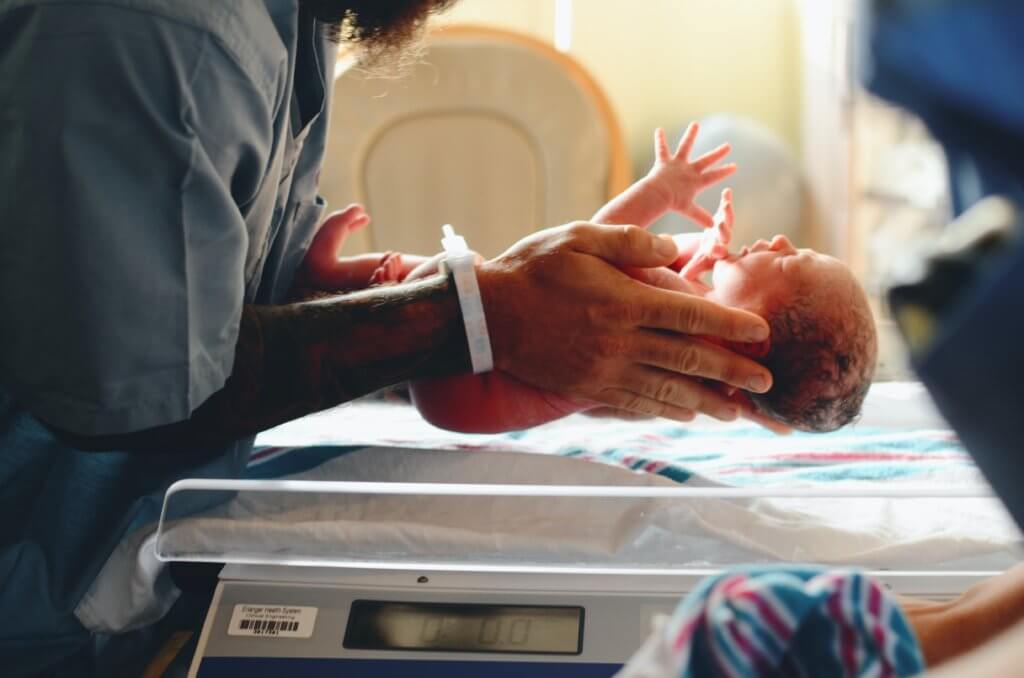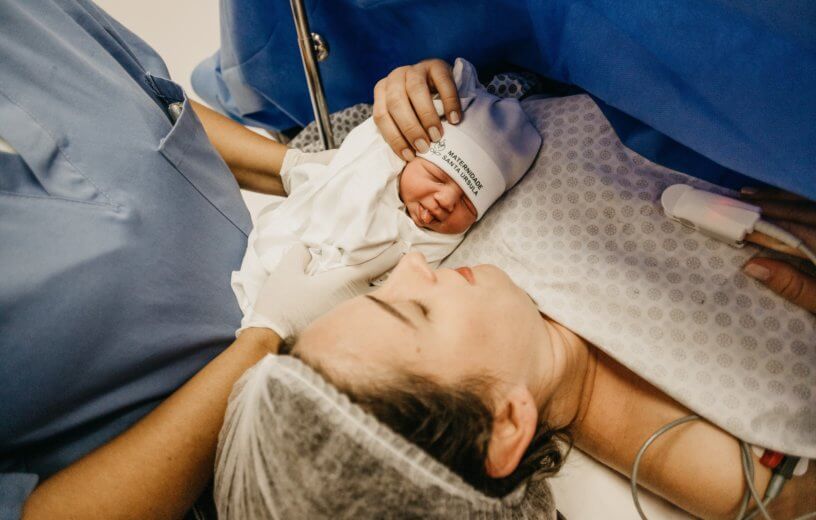DUBLIN, Ireland — At what point do babies become aware of themselves? It’s a thought-provoking question, and one with no easy answer considering no one can actually remember being a baby. At some point, we all recognize the reflection in the mirror as ourselves, but scientists have long argued over when precisely people tend to become self-aware. Now, an international research effort is revealing compelling new evidence that at least some form of consciousness is present as early as birth — and perhaps even during pregnancy!
The research team, made up of neuroscientists and philosophers from Monash University in Australia, the University of Tübingen in Germany, the University of Minnesota in the United States, and Trinity College Dublin in Ireland, reports that their work holds major clinical, ethical, and potentially legal implications.
All in all, the team believes that by the time of birth, an infant’s developing brain is capable of conscious experiences that can make lasting imprints on the child’s developing sense of self and understanding of their environment.
Finding some clarity on this matter would be much easier if infants could simply tell us how they were thinking and feeling, researchers explain. Alas, babies are equal parts adorable and mysterious.
“Nearly everyone who has held a newborn infant has wondered what, if anything, it is like to be a baby. But of course we cannot remember our infancy, and consciousness researchers have disagreed on whether consciousness arises ‘early’ (at birth or shortly after) or ‘late’ – by one year of age, or even much later,” says co-lead study author Dr. Tim Bayne, Professor of Philosophy at Monash University, in a media release.

To research this topic and arrive at a fresh perspective regarding when consciousness first emerges, study authors opted to build upon recent advances in consciousness science. Among adults, certain markers from brain imaging have been deemed capable of reliably differentiating consciousness from its absence. These markers are increasingly being applied across science and medical efforts. This study, however, is the first time that a review of such markers among infants has been carried out in an effort to assess consciousness.
“Our findings suggest that newborns can integrate sensory and developing cognitive responses into coherent conscious experiences to understand the actions of others and plan their own responses,” explains study co-author, Lorina Naci, Associate Professor in the School of Psychology, who leads Trinity’s ‘Consciousness and Cognition Group.
This project also provides further insight into ‘what it is like’ to be a baby. While it’s been established for some time that babies’ vision is generally more immature than their hearing, this study indicates that infants are generally aware of fewer items than adults at any given point in time, and usually take longer to understand what they are looking at. However, babies can also easily process more diverse information, sounds from other languages, for example, than their older selves.
The study is published in the journal Trends in Cognitive Sciences.
You might also be interested in:
- Theory of consciousness debunked: Key brain region actually acts like an internet router
- Simulated universe hypothesis: Are we really living in a Matrix-like computer simulation?
- Best baby names in 2023? Consultant says couples spending hundreds for help naming kids

